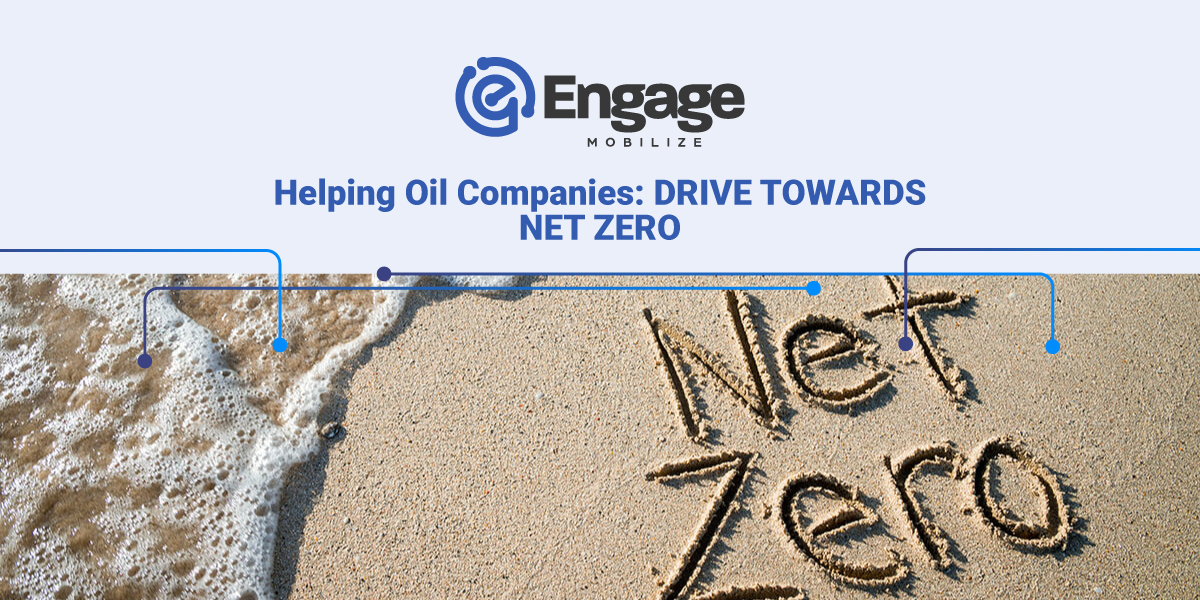Quantum Computing and its Challenges to Blockchain

Quantum Computing and its Challenges to Blockchain
If there is one thing in our world that is constantly improving itself every year, that would be technology. Within a few years, our technology capabilities have doubled and sometimes tripled previous benchmarks.
Over the last few decades, two of the largest chip makers, Intel and AMD, have been putting Moore’s Law to the test. Moore’s law is the observation that the number of transistors (building blocks of computers) on an integrated circuit doubled approximately every two years. In 2019, the largest amount of transistors on a single chip is a little over one trillion which is significantly higher than the 3 to 5 thousand found within chips designed and produced in the 1970s.
Where are we going?
With everything getting smaller, computers have begun to shift to a smaller level, which is the particle level. On the particle level, computers can start exploiting quantum phenomena to drastically boost performance. This is how quantum computers get their name.
You may be wondering why a super-fast computer is game changing, especially as current computer architectures are getting performance improvements every few years. However, massive leaps in computational power effects the strongness of encryption drastically.
Encryption is used everywhere in modern society from securing our financial data to more notably the Blockchain and specifically applications such as cryptocurrency. Fun fact: Blockchains are not infinitely secure, nothing is.
It is secure from the standpoint of available computers, as the encryption would not be able to be cracked in a timely matter. Theoretically, someone could break the encryption because ultimately encryption can represent a very, very hard math calculation. However, with too many calculations for normal computers to solve, it cannot be done without exponentially more computational power. Another fun fact: Quantum computers already exist, most notably from IBM, Google and Microsoft.
It’s going to be ok!
Don’t worry quite yet, there are still some challenges that quantum computers face to become the super computers of the practical world. The biggest hurdle is cooling or, more accurately, freezing. Quantum computers need to be close to absolute 0 (Kelvin), which is -273 degrees Celsius (or -459.4 degrees Fahrenheit) This is because of how data is stored and to accurately measure this data, variations in temperature need to be removed, which is easier at lower temperatures because of how electrons move (that is, slowly). This makes quantum computers extremely expensive and cumbersome and even dangerous to human (much like how extremely hot temperatures are also dangerous in different ways).
Solutions
What can we do to prevent quantum computers from destroying all encryption? Here are some of the suggested methods:
- Adding a safe quantum layer to current blockchain: This would enable us to continue to use the existing blockchain.
- Use quantum blockchains: Would require the entire network to use quantum computers.
Once quantum computers eventually become feasible and ultimately purchasable by the typical consumer, the entire encryption methodology we currently use will need to adjust or ultimately fail and be replaced. This is why researchers have been watching quantum computers closely to know what changes are on the horizon. We suggest you, too, keep a tab on current and upcoming events in the quantum computing space. Not only are they fascinating as they are both ground-breaking but extremely promising.
Andrew Riley
Senior Software Engineer
Engage Mobilize
Media Contact
Cassandra (Cassie) Skindzelewski, Director of Marketing
Marketing@engage-m.com
(720) 575-6695
SOURCE: Engage Mobilize, Inc.
Are you ready to learn more?
We’re ready to talk to you about the specific cost savings, workflow efficiencies and data insights that come from taking your field operations digital.
Share this
Similar Stories

Helping Oil Companies: DRIVE TOWARDS NET ZERO

How Private Equity is Adapting to the Seismic Changes in Oil & Gas
